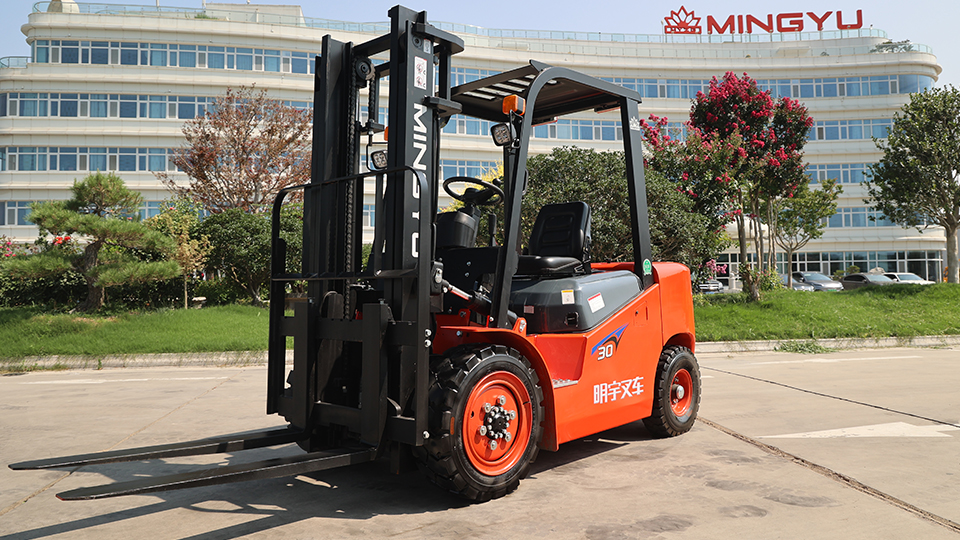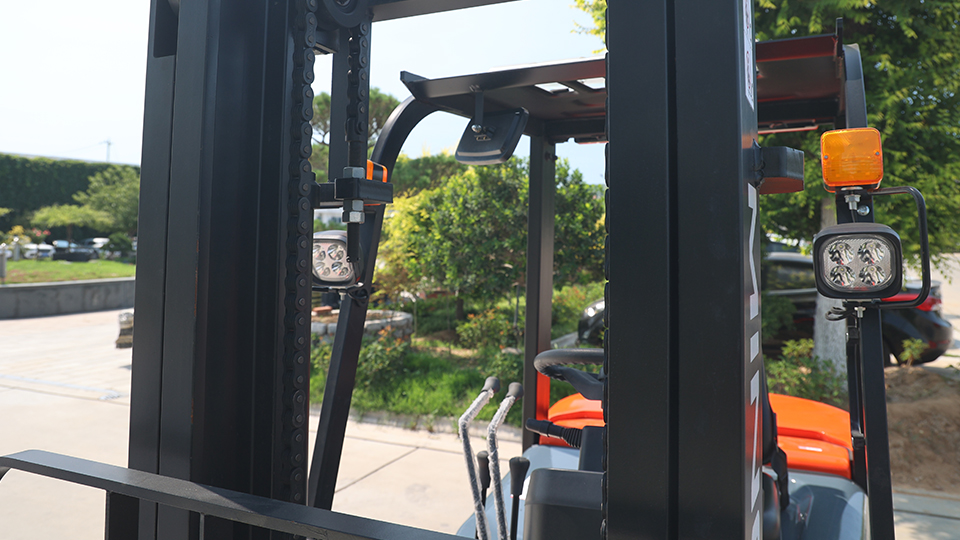
The Science of the Smell
The smell is primarily due to the production of hydrogen sulfide (H 2S) gas. Forklift batteries are typically lead-acid batteries, which contain a solution of sulfuric acid (H
2SO4) and water (H 2O).
During normal operation and charging, a lead-acid battery undergoes a chemical reaction. When the battery is overcharged, the excess energy breaks down the water molecules in the electrolyte into hydrogen (H 2 ) and oxygen (O 2 ) gas, a process called electrolysis.
However, in a faulty or overcharged battery, the excessive heat and chemical reactions can cause the sulfur in the sulfuric acid to react with other components, forming hydrogen sulfide gas. The smell is a clear indicator that the battery is being damaged and is a significant safety hazard.

Causes of the Bad Smell
Several factors can lead to the overcharging and subsequent bad smell:
Faulty Charger: The most common cause is a malfunctioning charger. The charger's voltage or current output may be too high, or its shut-off mechanism may be broken, causing it to continue charging the battery even after it's full.
Improper Charger Settings: Using a charger with the wrong settings for the specific battery can also cause overcharging. Batteries have different voltage and ampere-hour (Ah) ratings, and a mismatch can lead to problems.
Internal Short Circuit: A short circuit within the battery can cause a section of the battery to overcharge and heat up, leading to the breakdown of the electrolyte and the production of hydrogen sulfide.
Lack of Maintenance: If the battery's water levels are low, the remaining electrolyte becomes more concentrated, increasing the risk of overcharging and damage. Regular watering with distilled water is crucial.
Safety Risks and Precautions
The smell of a bad forklift battery isn't just unpleasant; it's a warning of a serious safety hazard.
Explosion Risk: Hydrogen (H 2) gas is highly flammable. When it builds up in a confined space, it can be ignited by a spark, leading to a battery explosion.
Toxic Gas: Hydrogen sulfide (H 2S) is a toxic gas. In low concentrations, it has a rotten egg smell, but at higher concentrations, it can paralyze the olfactory nerves, and the smell disappears, creating a false sense of safety. High concentrations can cause respiratory paralysis and even death.
Corrosion: The gases released can also be corrosive, damaging the battery and surrounding equipment.

If you notice a bad smell coming from a forklift battery, you should:
Immediately stop charging the battery.
Move the forklift to a well-ventilated area.
Ventilate the area to disperse the gases.
Do not use the forklift until the battery has been inspected and repaired by a qualified technician.
Do not try to fix the battery yourself. This can be extremely dangerous due to the risk of electric shock, chemical burns, and explosion.
Regular maintenance and proper charging practices are essential to prevent these issues and ensure the longevity and safety of your forklift batteries.
Name: selena
Mobile:+86-13176910558
Tel:+86-0535-2090977
Whatsapp:8613181602336
Email:vip@mingyuforklift.com
Add:Xiaqiu Town, Laizhou, Yantai City, Shandong Province, China